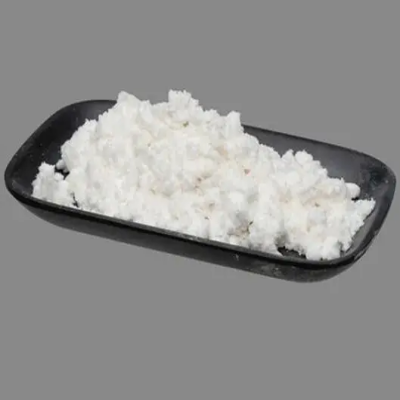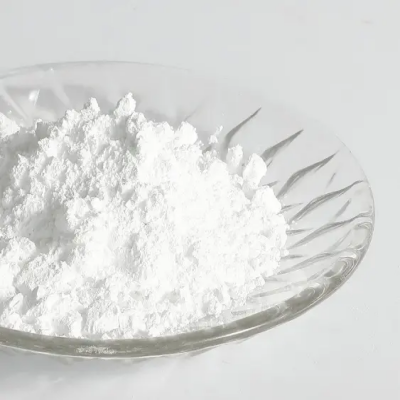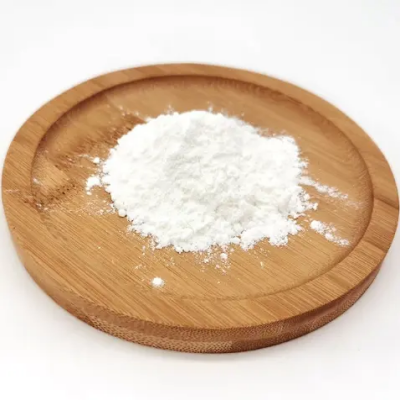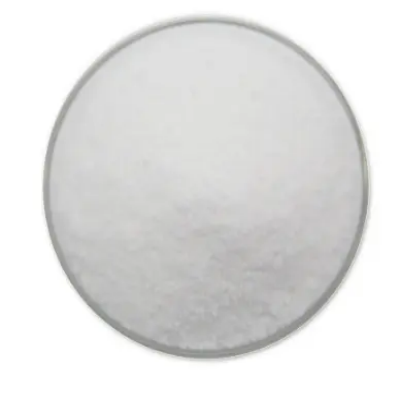Platinum CAS:7440-06-4
Platinum finds extensive use across various industries owing to its exceptional properties. In the automotive sector, it serves as a catalyst in catalytic converters, reducing harmful emissions from internal combustion engines. Its inertness and resistance to oxidation make it ideal for laboratory equipment, including crucibles and electrodes. Platinum's conductivity and durability make it indispensable in electronics, particularly in the manufacture of thermocouples, electrodes, and high-performance components. In the chemical industry, platinum catalysts facilitate numerous reactions, including those involved in petroleum refining and the production of fertilizers and synthetic materials. Jewelry crafted from platinum is highly prized for its durability, purity, and timeless elegance. Moreover, platinum is utilized in the medical field, such as in pacemakers, dental equipment, and anticancer drugs. Fuel cells, which play a significant role in clean energy technologies, often contain platinum catalysts to facilitate the conversion of hydrogen and oxygen into electricity. Additionally, platinum-based drugs show promise in treating various forms of cancer due to their ability to inhibit DNA replication. Its use in glassmaking, fuel cells, and hydrogen purification further underscores platinum's importance in modern technologies and sustainable development efforts. Overall, platinum's versatility and unique properties make it indispensable across a wide range of applications, from industry to healthcare and beyond.



| Composition | Pt |
| Assay | 99% |
| Appearance | white powder |
| CAS No. | 7440-06-4 |
| Packing | Small and bulk |
| Shelf Life | 2 years |
| Storage | Store in cool and dry area |
| Certification | ISO. |









